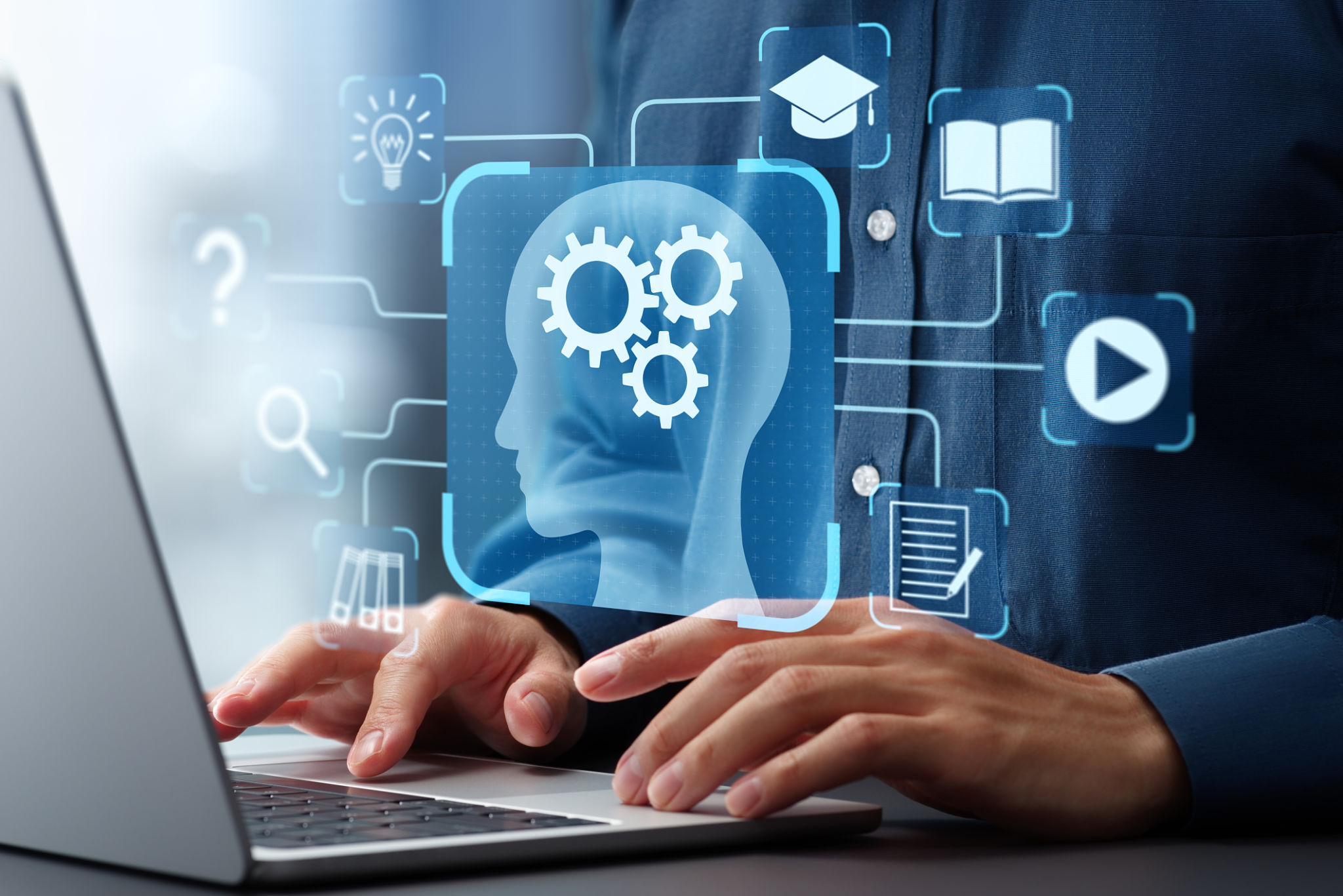FAQs About AI in Children's Education: Separating Fact from Fiction
Understanding AI's Role in Children's Education
Artificial Intelligence (AI) is increasingly becoming a part of our daily lives, including in the realm of education. However, misconceptions often cloud parents' and educators' perceptions of how AI impacts children's learning. This blog post aims to clarify these misconceptions and provide a clearer picture of AI's role in education.

What is AI in Education?
AI in education refers to the integration of machine learning technologies to enhance the learning experience. AI can tailor educational content to meet the individual needs of students, making learning more personalized and effective. It can automate administrative tasks, offer tutoring, and even assess student performance.
Contrary to popular belief, AI is not meant to replace teachers. Instead, it serves as a tool to assist educators by providing additional resources and insights into each student's progress. This enables teachers to focus more on personal interactions and less on routine tasks.
Common Misconceptions About AI in Education
Will AI Replace Teachers?
One of the most common fears is that AI will replace human teachers. In reality, AI is designed to support teachers by handling repetitive tasks such as grading and data analysis. This allows educators to dedicate more time to teaching and mentoring students. The human element of teaching—empathy, creativity, and interpersonal skills—cannot be replicated by machines.

Is AI Too Advanced for Young Students?
Another misconception is that AI technology is too complex for young learners. In fact, many educational platforms use AI in a way that is engaging and easy for children to understand. For example, AI-driven apps can adjust difficulty levels based on a child's performance, making learning both challenging and rewarding.
Moreover, introducing AI in education at an early age can help familiarize children with technology that will be integral to their future workplaces.
The Benefits of AI in Children's Education
Personalized Learning Experiences
AI offers personalized learning experiences by adapting to each student's learning pace and style. This helps in addressing the unique needs of every child, ensuring that no one falls behind or feels unchallenged. With AI, students can receive instant feedback and support tailored to their learning journey.

Enhanced Engagement and Motivation
AI has the potential to make learning more interactive and engaging through gamified content and interactive quizzes. Such methods can significantly increase students' motivation and enthusiasm towards subjects that they might find challenging otherwise.
Furthermore, AI can introduce new ways of learning through virtual and augmented reality, providing immersive experiences that can deepen understanding and retention of information.
Conclusion
While there are valid concerns about the integration of AI in children's education, it is essential to separate fact from fiction. Understanding its benefits and limitations helps educators and parents make informed decisions about incorporating AI into the learning process. As technology continues to evolve, embracing these innovations can lead to more enriched educational experiences for children worldwide.
